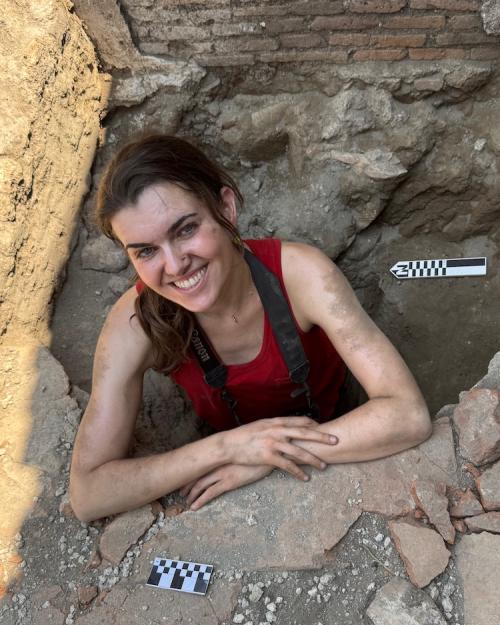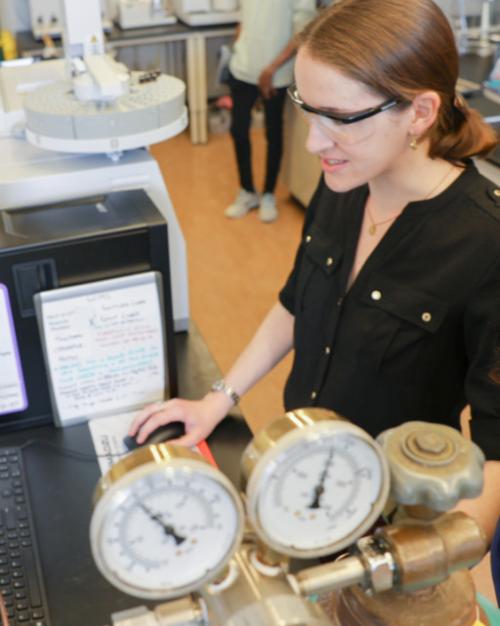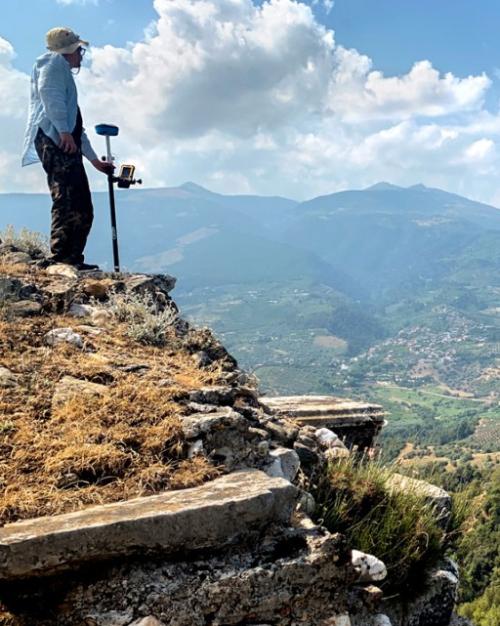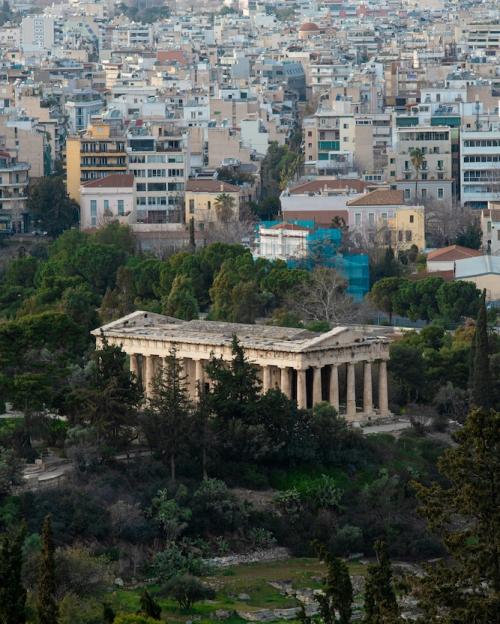This June, Cornell’s Earth Source Heat project will drill through 9,200 feet of sedimentary rock into the “crystalline basement” in pursuit of a new source of carbon free renewable heat for Cornell’s campus. A fitting English motto was developed for the project, “Onward and Downward,” and ESH now has Latin and Greek mottos courtesy of Prof. Daniel Gallagher: Energeia Geothermica: Perge deorsum!
Robert R. Bland, Associate Vice President for Energy & Sustainability at Cornell, explains why Latin and Greek mottos were sought for the project: “Earth Source Heat is an epic project, and the Greek / Latin translations embody EPIC!” He remembers sharing the mottos with President Pollack and other Cornell leaders during a funding meeting. Addressing President Pollack directly, Bland said, “in the spirit of One Cornell, we reached out to the Classics Department for a translation of our ESH project motto.”
Dan is accustomed to receiving such requests after spending ten years as a papal Latinist at the Vatican. A strong advocate for spoken Latin initiatives, Dan is committed to keeping the Latin language alive and relevant. His contribution to Cornell’s Earth Source Heat project has made Latin and Greek more visible to the wider campus community, and the Classics Department will continue to seek collaborations with other departments at Cornell.
For example, the Classics Department will offer several courses this upcoming Fall semester that help to bridge the “art / science” divide. Prof. Sturt Manning, director of the Cornell Tree-Ring Laboratory, will teach his interdisciplinary course “Introduction to Dendrochronology” again this fall. Prof. Verity Platt will co-teach the “Environmental and Sustainability Colloquium” with Prof. Johannes Lehmann, a CALS professor specializing in soil biogeochemistry and soil fertility management. Prof. Courtney Roby will also be teaching her popular “Technology in Ancient Rome” course next semester. Some of the course materials will cover Roman mining technology and energy sources in the ancient world – another great connection between the Classics Department and Cornell’s Earth Source Heat project.
Further, the Johnson Museum of Art will host an exhibition on Roman author and naturalist Pliny the Elder next Spring 2023. The exhibition, co-curated by Prof. Verity Platt, Prof. Courtney Roby, Prof. Annetta Alexandridis, and Dr. Andrew Weislogel, will explore the relationship between art history and the natural sciences. In addition to appealing to wide audiences within our Cornell community, these courses and projects suggest that the ancient world still has much to contribute to a modern university education.





